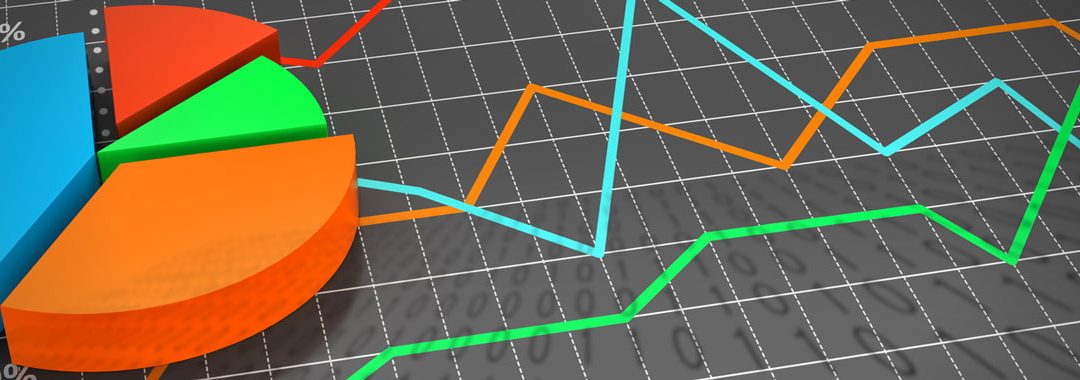A conference call was attended on June 1st with the team from Deutsche Bank to discuss some of the macro economic insights that they are seeing. Leading the conversation was their Chief Investment Strategist David Bianco. Here are some of the bullet points from that call:
- For the U.S. they believe there will be a long lasting economic expansion albeit slow and steady at 2-2.5% with global expansion at 3-3.5%.
- They aren’t seeing any signs of a recession and believe the expansion has room to run until well past 2020 due to the following 3 reasons:
- Changes to consumption patterns: The U.S. has been a consumption driven economy for some time now but that was generally on tangible goods that required high levels of inventory to meet that demand. Deutsche believes we have transformed to a consumption based economy but on services which require a lot less upfront cost and maintenance for inventory. With that being said, he believes the economy would need much more of a hit for a recession to occur.
- We survived a major Capital Expenditure (Cap-Ex) downturn. We went through a period where cap-ex spending was extremely limited. Now that we have survived that period, Deutsche believes that companies are running leaner and will continue to have the need to increase cap-ex in order to make up for this period of downturn.
- Fiscal Stimulus: Deutsche believes that Fiscal stimulus will be the final boost to the economic expansion as President Trump lays out and executes his plan. They do not believe anything will get done with regards to personal income taxes until the end of 2018. They do however believe that corporate tax reform will be completed by the end of this year. They are under the impression that the corporate tax rate will drop to 25%. Anything more than a drop to 25% will be considered highly stimulative for domestic companies.
- They expect inflation to stay contained and the fed to continue to raise rates at least another 2 times this year. With that said, they believe the short end of the yield curve will rise faster than the long end (flattening yield curve) but at a slow and steady pace. They see the Fed Funds rate plateauing at 2.00% by the end of 2018.
- From a perspective on equities, they are calling for the S&P to end the year at about 2,450 (Currently at 2,430) but that is with the contingency that we will get corporate tax reform completed. If there is no corporate tax reform then they have an end of year target of 2,350. They are expecting U.S. equities to consolidate over the summer time and trade in a sideways manner. They believe that if the 10-year bonds can’t get above 2.3% (Currently 2.2%) by year end, there may be some trouble ahead for equities. This is the reason why diversification among uncorrelated asset classes is important. If U.S. equities should fall, we may see a boost to fixed income, alternative assets as well as international and emerging equities.

